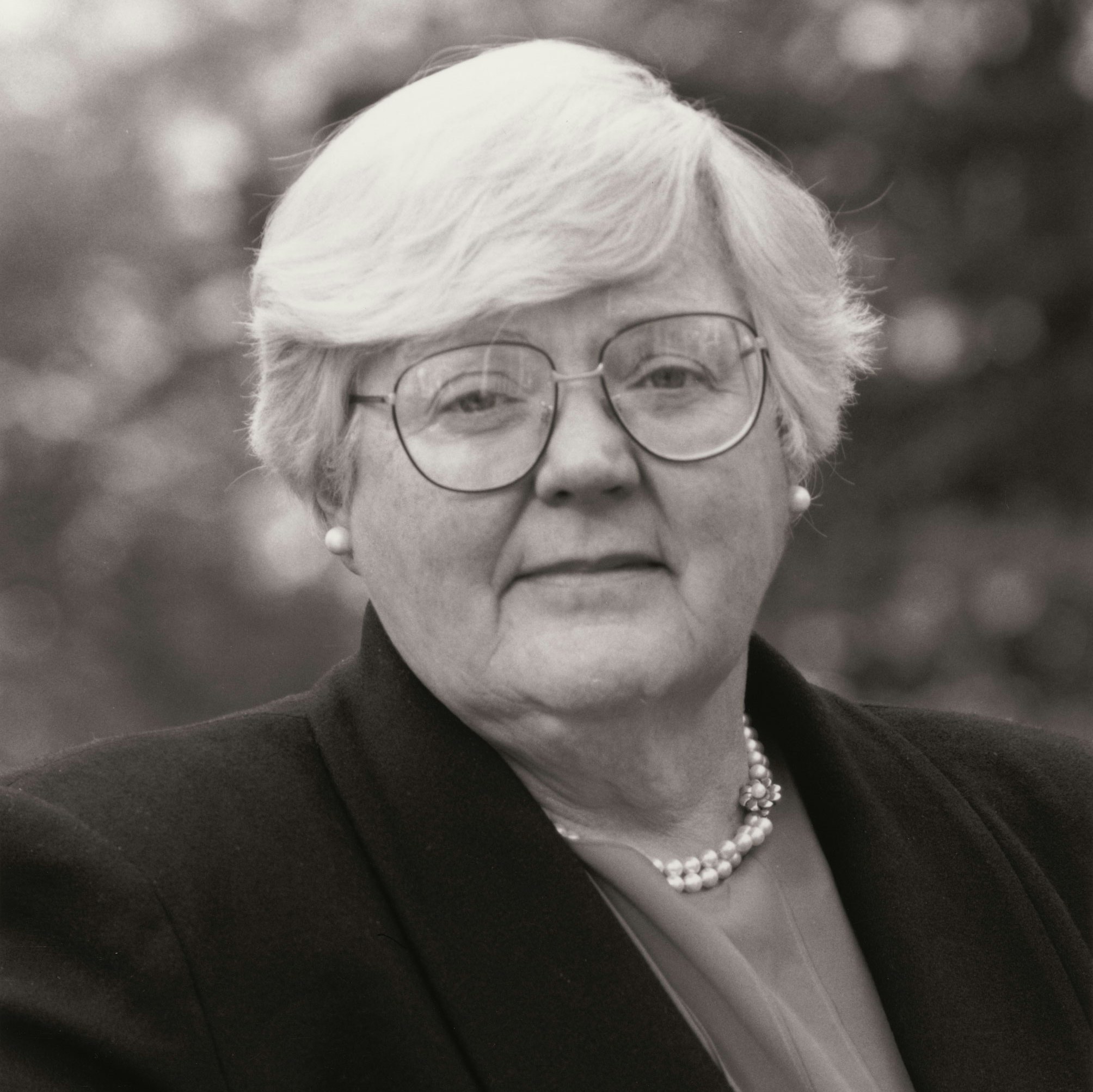Presidents of Radcliffe College
Formerly known as the Society for the Collegiate Instruction of Women, Radcliffe College was chartered by the Massachusetts state legislature in 1894.
The College existed from that date until 1999, when it officially and fully merged with Harvard University. From 1894 through 1999, eight dedicated individuals led the College, until it became the Radcliffe Institute for Advanced Study under the leadership of its first dean, Drew Gilpin Faust. For more history, see the online exhibit It’s Complicated.
Elizabeth Cary Agassiz
In 1879, Elizabeth Cary Agassiz became chair of the Committee of Seven Lady Managers who, with the approval of Harvard’s president, put forth a plan to provide education equal to a Harvard College degree to qualified young women ready to pursue a course of study in Cambridge. The ensuing organization came to be known as the “Harvard Annex.” In 1882 the Annex was incorporated as the Society for the Collegiate Instruction of Women, and Agassiz became its first president.
More about Elizabeth Cary Agassiz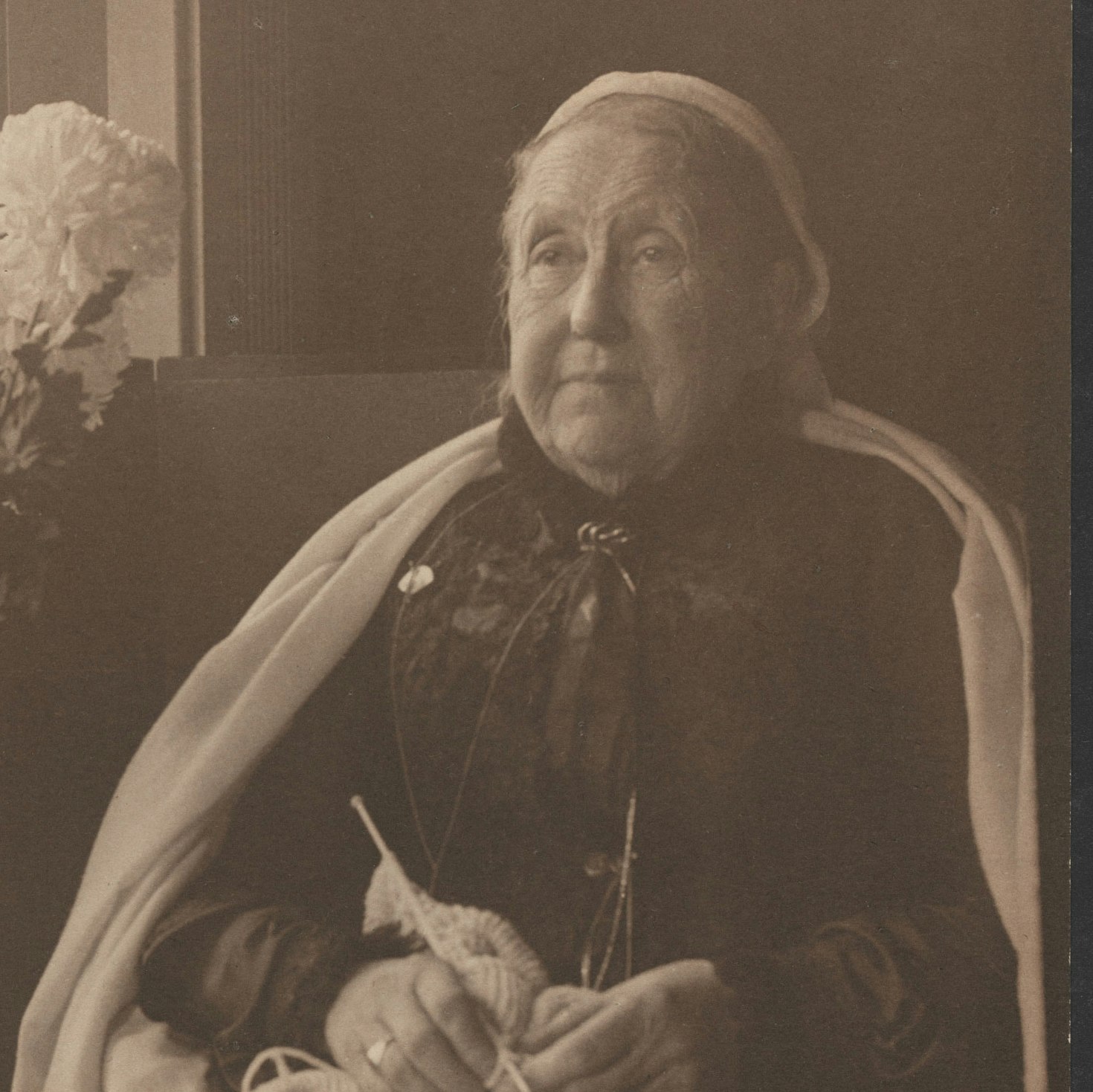
Le Baron Russell Briggs
Born in Salem, Massachusetts, Le Baron Russell Briggs grew up in Cambridge and was educated at Harvard. From 1903 to 1923, he was the part-time president of Radcliffe and the dean of Harvard’s Faculty of Arts and Sciences. During Briggs’s years as president, he raised Radcliffe’s endowment to $4 million and the College purchased the Greenleaf estate, in 1905, added five new dormitories to the dormitory quadrangle, and increased the student body.
More about Le Baron Russell Briggs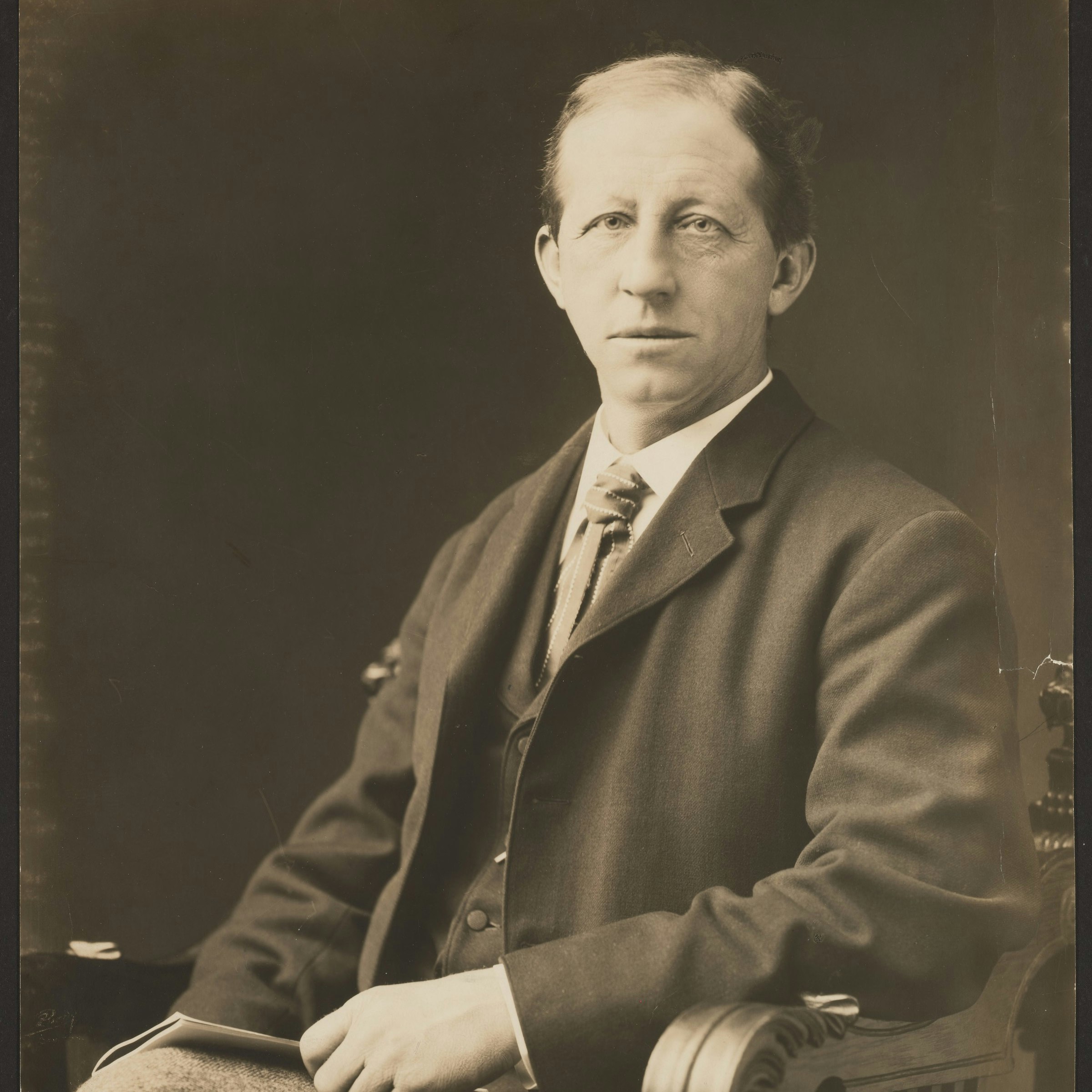
Ada Louise Comstock
Ada Louise Comstock’s 20-year presidency spanned the boom years of the 1920s, the difficult times of the Great Depression, and the early years of World War II. In 1943 Comstock—along with Harvard’s Dean Paul Buck and President James Bryant Conant—reached a Harvard-Radcliffe agreement for joint instruction, by which Harvard took full responsibility for the education of Radcliffe students, an important step in the institutional advancement of women at Harvard.
More about Ada Louise Comstock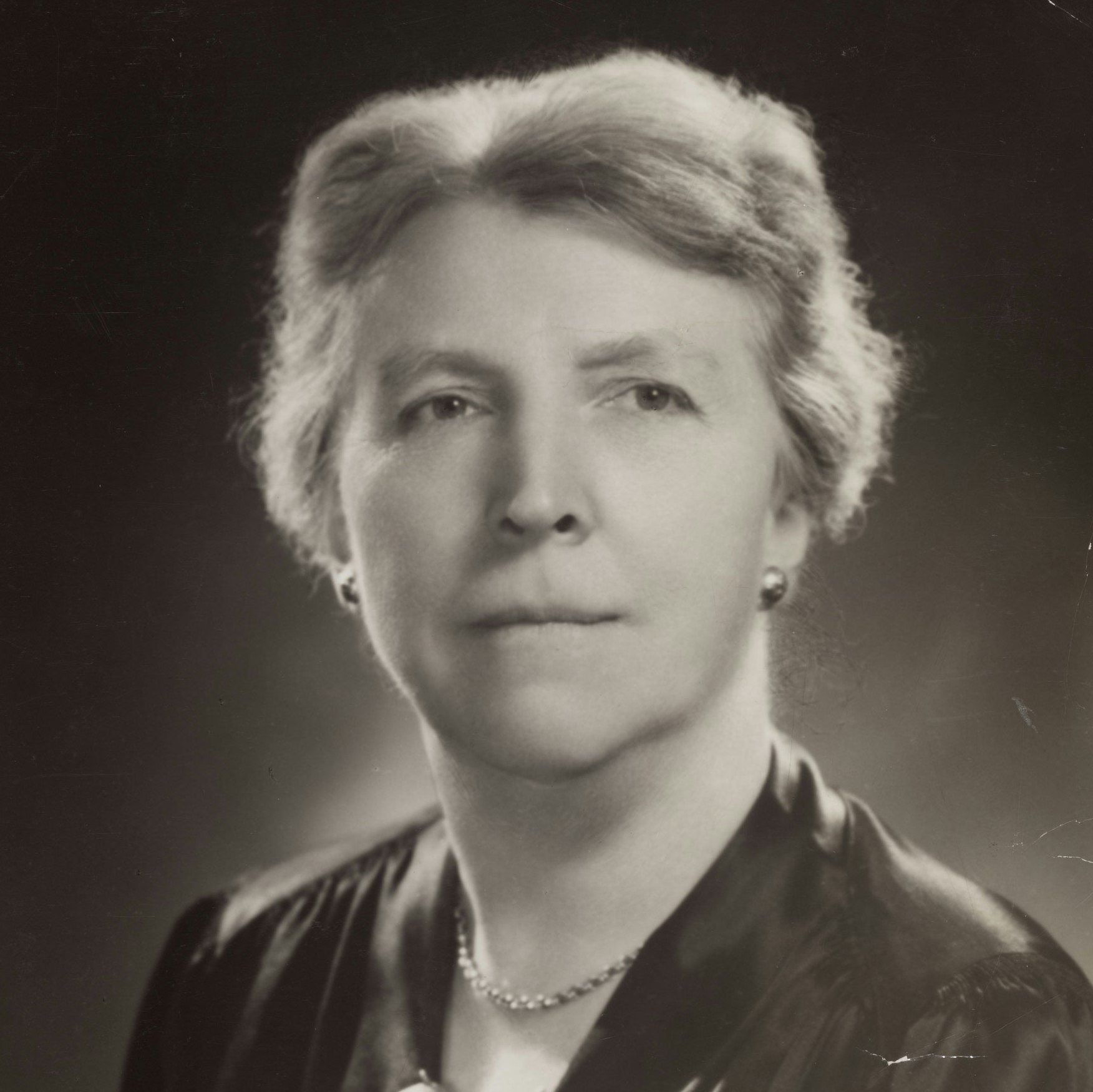
Wilbur Kitchener Jordan
Wilbur Kitchener Jordan was named the fourth president of Radcliffe in 1943. Jordan implemented the Harvard-Radcliffe agreement, stipulating that Radcliffe would pay approximately 85 percent of its tuition to Harvard in a lump sum, rather than making individual payments to members of the Harvard faculty for teaching at Radcliffe, as in the past. This agreement opened the door to joint instruction for Radcliffe and Harvard undergraduate and graduate students.
More about Wilbur Kitchener Jordan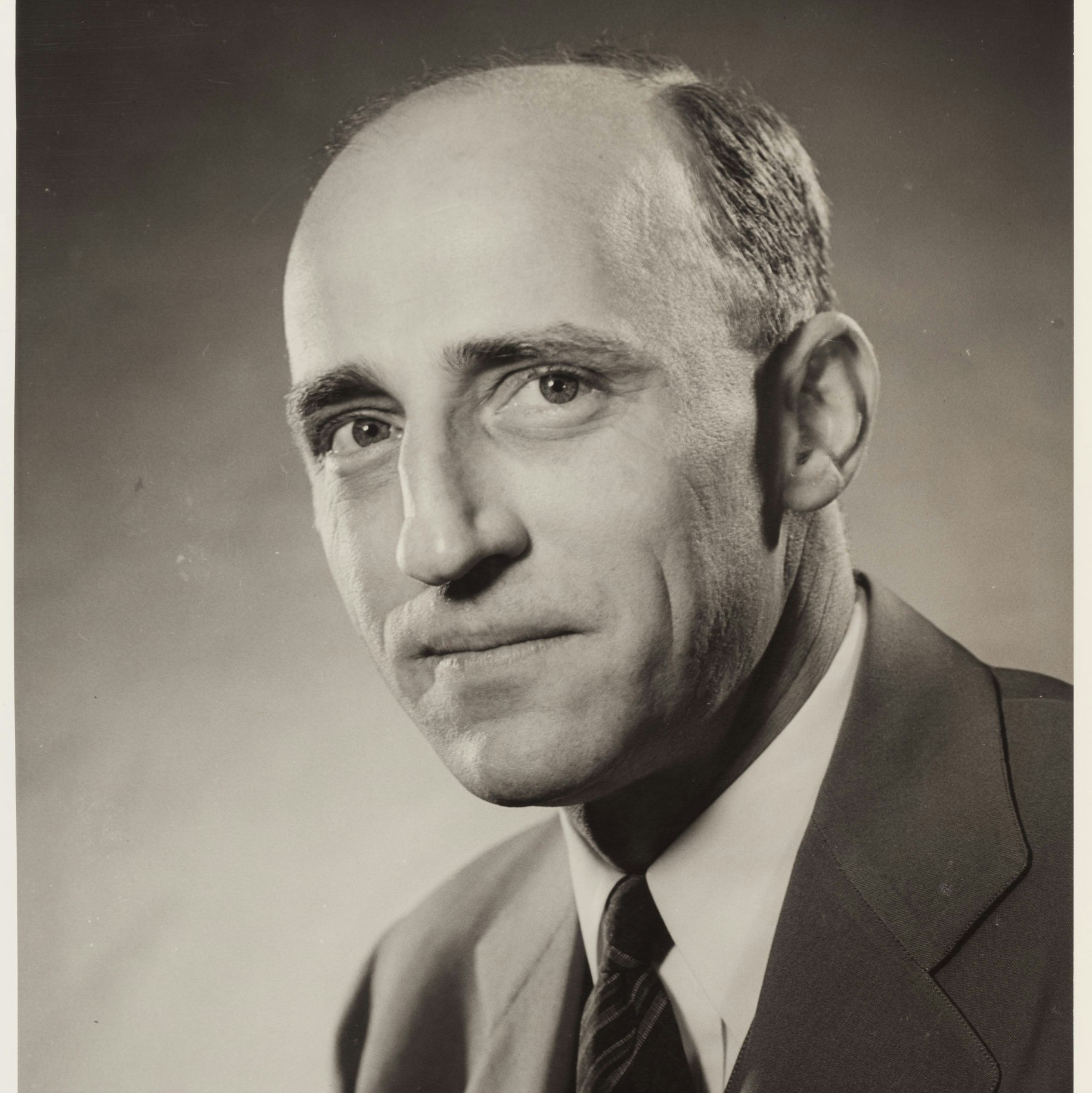
Mary Ingraham Bunting
While president of Radcliffe, Mary Ingraham Bunting introduced many new programs and radically changed the structure of the College. She established the Radcliffe Institute for Independent Study in 1961, which subsequently was renamed the Bunting Institute in her honor in 1978. The Institute was a research center for postgraduate women to help reverse the “climate of non-expectation for women.” It became the nation’s largest multidisciplinary center for advanced studies for women.
More about Mary Ingraham Bunting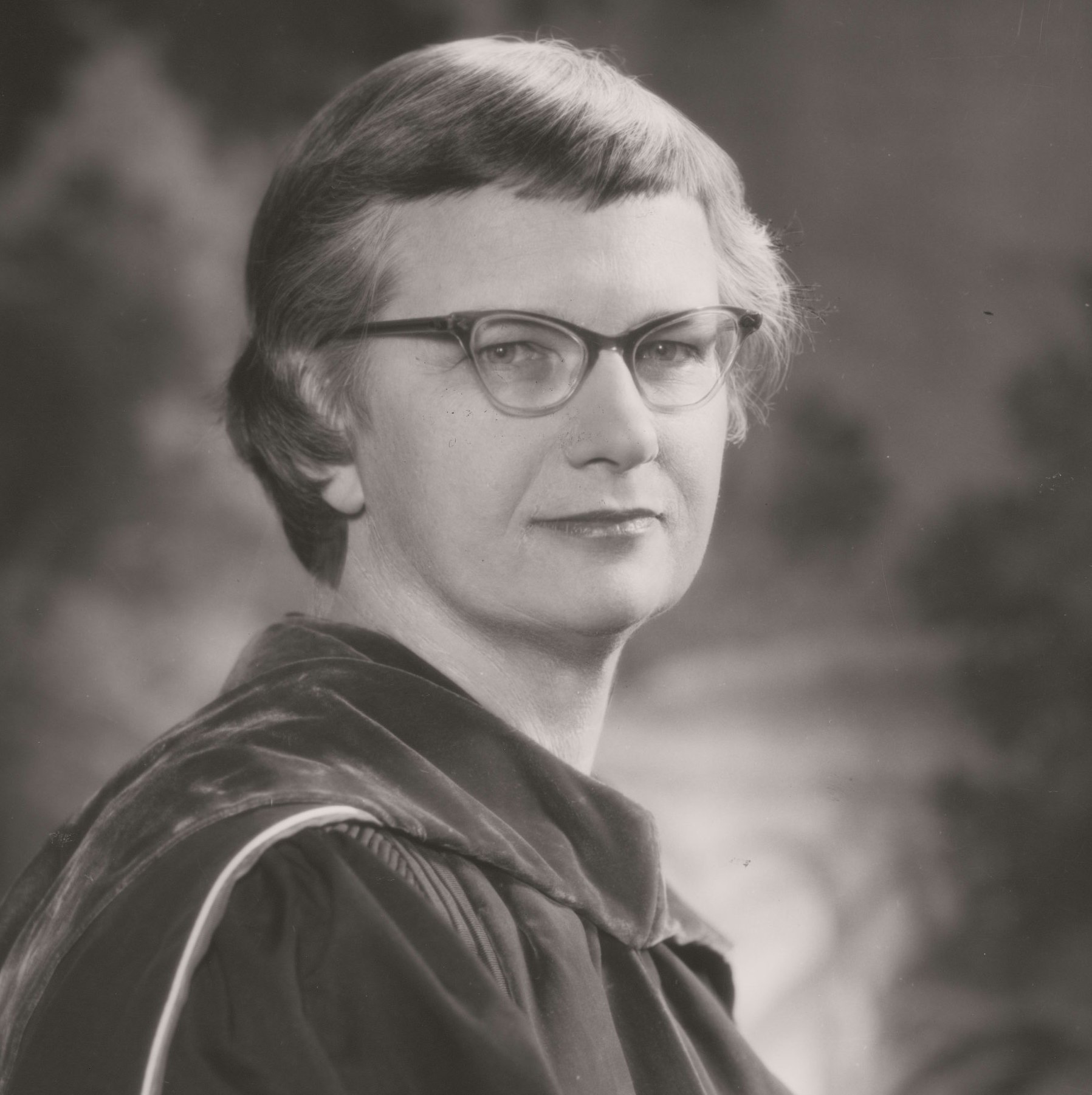
Matina Souretis Horner
Matina Souretis Horner was appointed the sixth president of Radcliffe College in 1972. During her presidency, the separate Harvard and Radcliffe offices of admissions were merged, and the quota for women students was abolished. In 1977 Horner negotiated a new agreement with Harvard that reestablished Radcliffe’s financial independence, with its own administration, governing board, and research programs. The agreement also redefined an oversight role and special programs for undergraduate women.
More about Matina Souretis Horner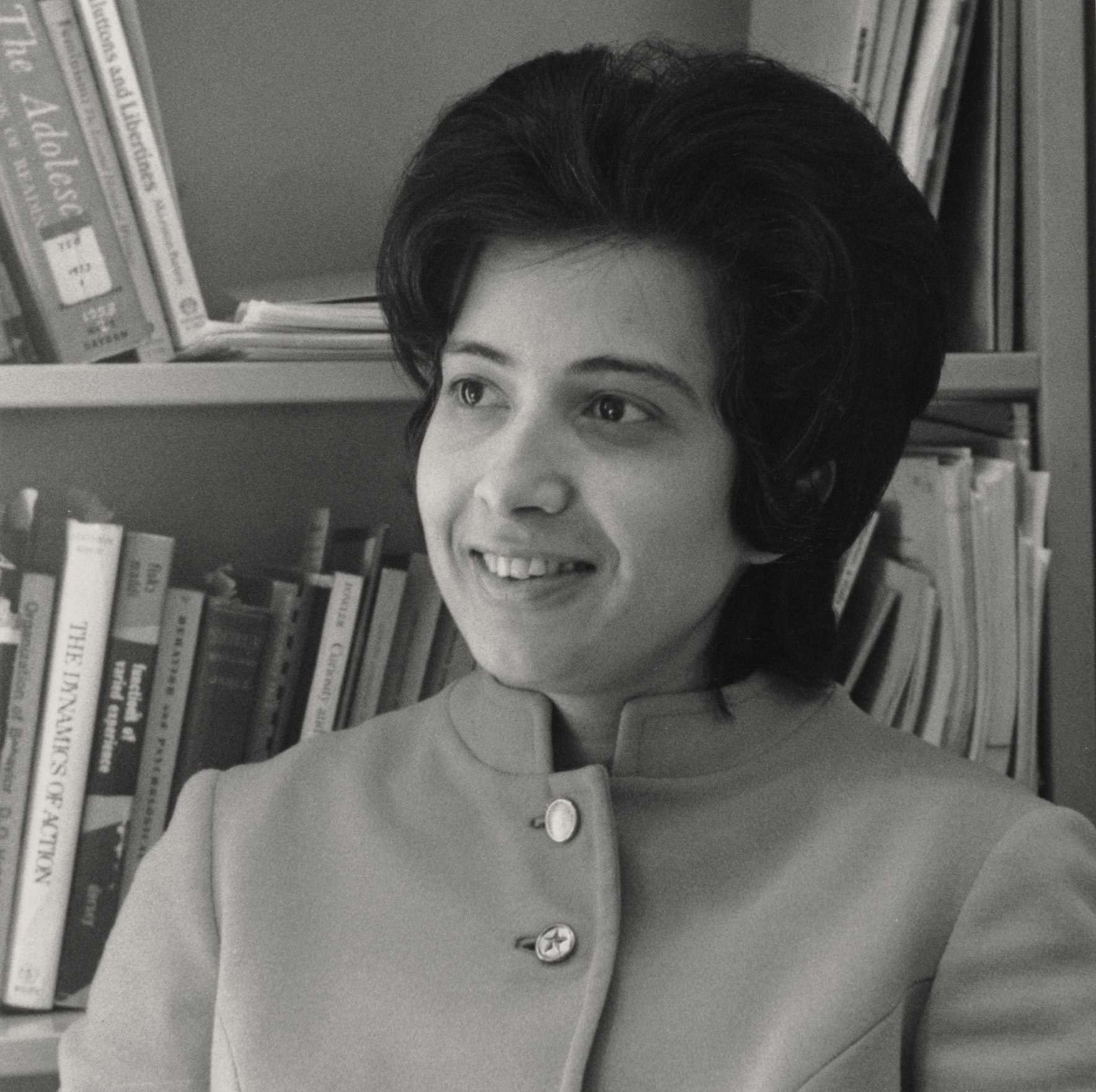
Linda S. Wilson
As president of Radcliffe College, Linda S. Wilson initiated the Radcliffe Research Partnership Program in 1991 to increase opportunities for undergraduates to work with Radcliffe scholars and staff. The program continues to flourish. Wilson also established the Radcliffe Public Policy Institute in 1993, which sponsored interdisciplinary research and convened scholars, policymakers, business and labor leaders, and members of the media to explore work and the economy, science, gender, and society.
More about Linda S. Wilson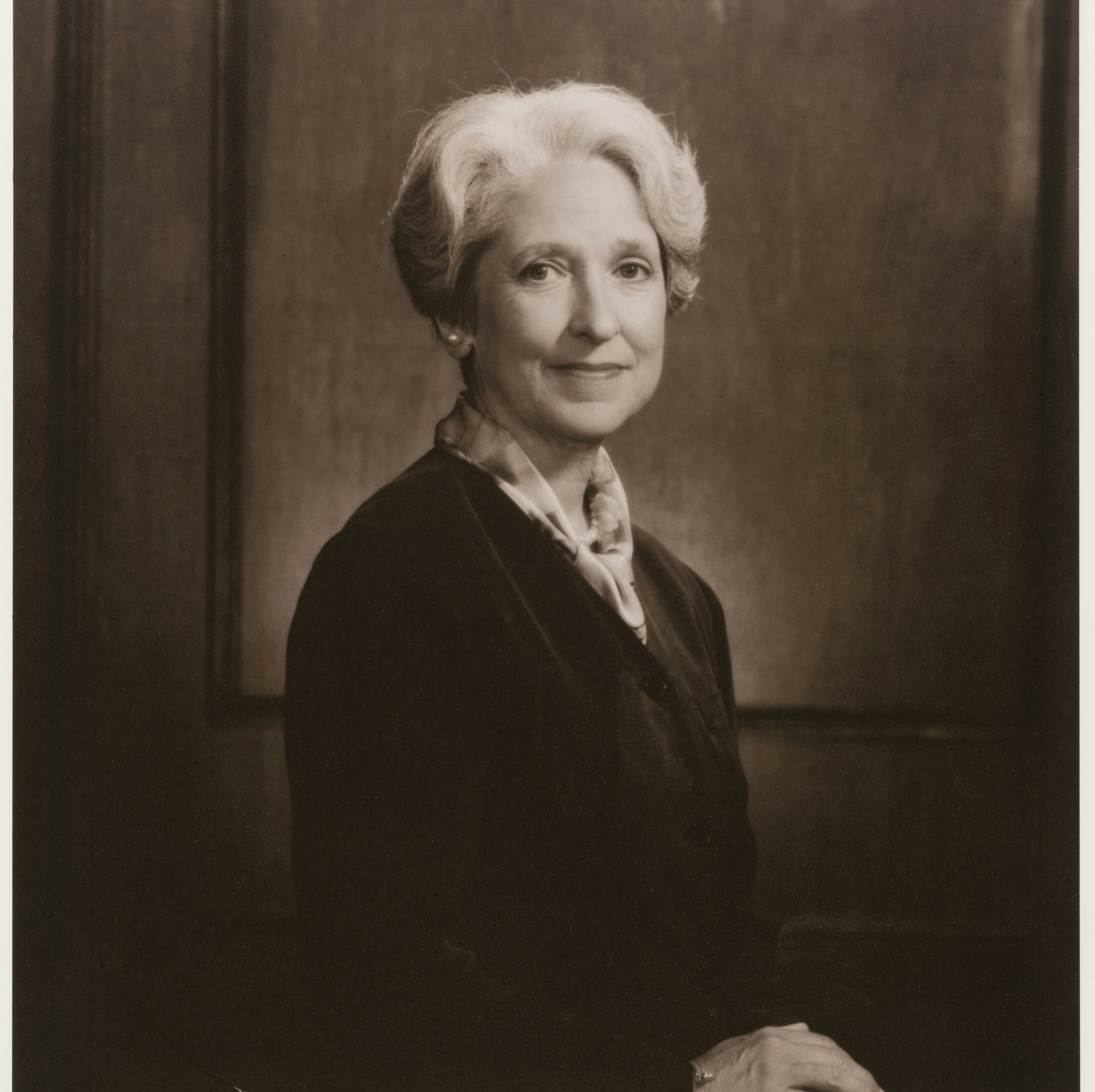
Mary Maples Dunn
Before becoming acting president of Radcliffe, Mary Maples Dunn served as the president of Smith College for 10 years and as the director of the Schlesinger Library on the History of Women in America for 5 years, from 1995 to 1999. In September 1999, Dunn welcomed Drew Gilpin Faust—to the Radcliffe Institute as its founding dean. Dunn was a fellow at the Radcliffe Institute in 2000–2001. A former Fulbright scholar, Dunn was awarded the Radcliffe Medal in 2001.
More about Mary Maples Dunn